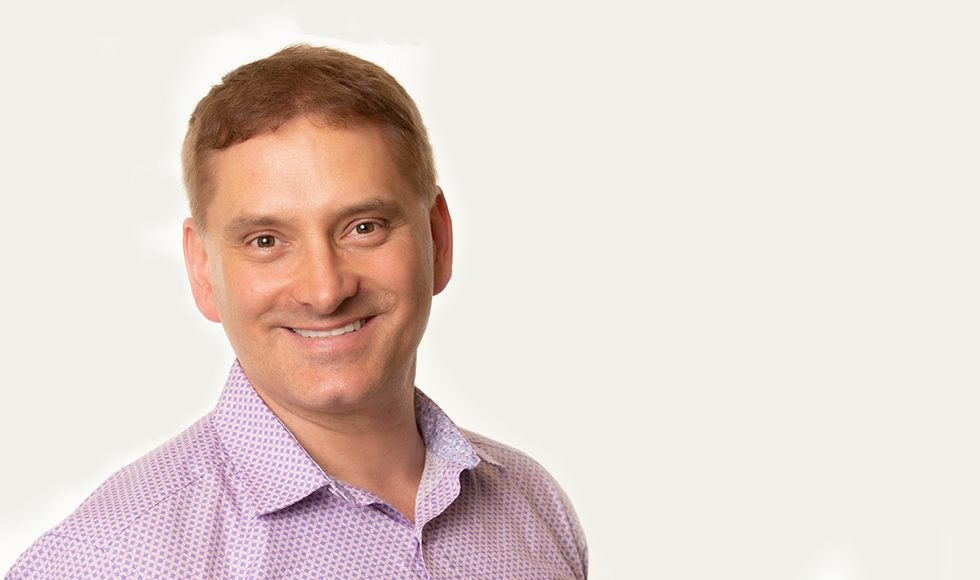Patients still not telling MDs about use of natural health products

Jason Busse is an associate professor of the departments of anesthesia, and of health research methods, evidence, and impact at McMaster University. Photo by Georgia Kirkos
BY Tina Depko, Health Sciences
May 28, 2020
Natural health products are used by many people, but almost half of naturopathic patients do not let their primary physician know, says a survey conducted by McMaster.
The survey also indicates the number of patients not sharing this information – 42 per cent – has not changed in the past 15 years.
The findings were published in the journal Complementary Therapies in Clinical Practice.
“We were surprised to find there has been no change in disclosure over 15 years when we did the last survey,” said study senior author Jason Busse, associate professor of anesthesia, and of health research methods, evidence, and impact at McMaster. He is also associate director of the Michael G. DeGroote Centre for Medicinal Cannabis Research.
The research team conducted the patient survey between November 2018 and February 2019 at the Robert Schad Naturopathic Clinic in Toronto.
Based on 277 completed questionnaires, 99 per cent of the patients surveyed were using natural health products, and 46 per cent were using natural health products and prescription medications concurrently. Of those using natural health products, 42 per cent did not disclose use to their primary care physician.
The disclosure statistic is identical to the outcome of a survey led by Busse that looked at the same issue at the same clinic in 2003. Those results were published in Mayo Clinic Proceedings at the time.
“When we did the original survey, we concluded there should be more effort by primary care physicians to inquire about natural product use, because it is part of what their patients are engaged in and there is the possibility of interactions with prescriptions,” Busse said.
“We ran the survey again to see if there had been any shift in the proportion of disclosure by patients from the same clinic. It seems there has no change whatsoever in the disclosure of natural health products to primary care physicians.”
The two top reasons patients cited in the new survey for not disclosing natural health products to their physician were: That medical doctors do not approve of complementary and alternative medicine use, and that medical doctors would not understand.
Busse suggests this failure to disclose may have implications for patients’ health.
“Patients may believe that these products can’t harm them because they are ‘natural’; however, there are cases where people can get into trouble through either taking very high doses of some of these products which can cause toxicity or, in some cases, having interactions with some of the prescriptions that they are taking. Others may be substituting prescriptions with a natural health product claiming to have the same effect.”
The 2018-19 survey included questions about medicinal cannabis, noted Busse, with nine per cent of patients reporting use.
Busse said that future research should explore primary care physicians’ hesitancy to inquire about patients’ natural health product use.
“Clearly in order for things to change, there needs to be more work done to not only recognize that the rate of disclosure is very low, but to figure out how to address the barriers,” Busse said.
There was no external funding for the study.


